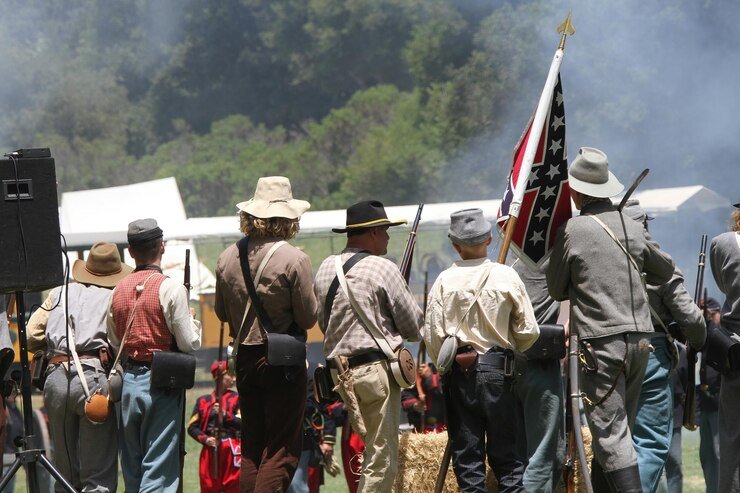The Appalachian dialect has long been the musical soundtrack of mountain life. From the hills of Kentucky to the valleys of West Virginia, unique words, phrases, and accents reflect centuries of history. Yet many fear this rich linguistic heritage is vanishing as younger generations trade regional speech for a more neutral “standard” accent.
“Our dialects are treasures,” says Dr. Sarah Kendrick, a linguist at Eastern Kentucky University. “They’re like time capsules, preserving centuries of cultural evolution.”
Sadly, stereotypes have led some locals to hide how they talk. Many associate Appalachian accents with ignorance or lack of education—a stigma that has silenced countless voices.
“I used to be ashamed of how I talked,” admits Tina Justice, 34, from Tennessee. “Now I’m proud. It’s who I am.”
Efforts to preserve the dialects are growing. Historians and community groups are recording older speakers, compiling dictionaries of regional expressions, and producing podcasts celebrating Appalachian speech.
“It’s more than just language,” Dr. Kendrick says. “It’s identity, history, and pride.”
Some schools are even integrating lessons on local dialects to help children appreciate where they come from. Advocates say that preserving these unique speech patterns is key to keeping Appalachian culture alive.
“If we lose how we talk, we lose part of who we are,” says Tina. “It’s worth fighting for.”





